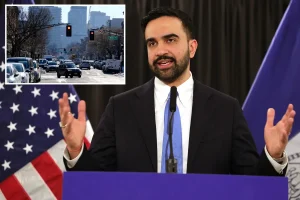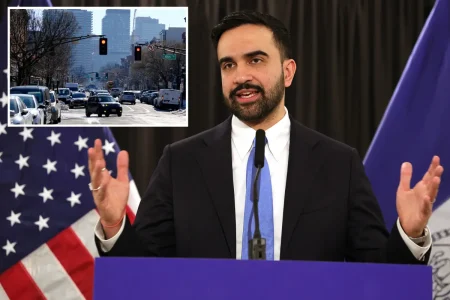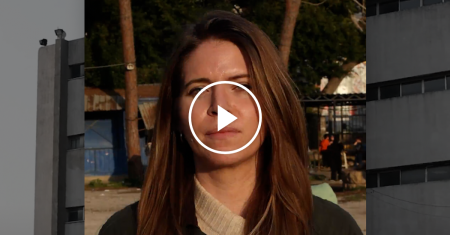Leadership Change at FDA Reflects Broader Policy Tensions
Susan Monarez, a respected figure in public health administration, reportedly departed from her position after declining to align with Health Secretary Robert F. Kennedy Jr.’s perspectives on vaccination policy. This development highlights the complex interplay between public health leadership, science-based policy, and political appointments in government health agencies. While the specifics of their disagreement weren’t fully detailed, Kennedy has historically expressed skepticism about certain vaccination practices, creating potential tension with established public health protocols that Monarez may have been unwilling to compromise on.
The situation reflects a broader challenge in public health governance: balancing political appointments with scientific consensus and institutional expertise. Health agencies like the FDA have traditionally maintained a degree of independence from political influence to ensure decisions remain grounded in scientific evidence rather than ideological positions. Monarez’s reported stance suggests an attempt to preserve this separation, potentially prioritizing established medical consensus over newly introduced policy directions. This tension between political leadership and scientific institutions represents one of the fundamental challenges in public health administration during transitions between administrations with differing health policy philosophies.
Leadership changes at health agencies can significantly impact public confidence in health recommendations and policies. When high-profile disagreements about fundamental public health approaches like vaccination become public, they can create confusion among citizens trying to make personal health decisions. The apparent philosophical difference between Kennedy and Monarez likely stems from different interpretations of scientific data, risk assessment, and the proper role of government in public health guidance. These differences represent genuine challenges in translating complex scientific information into clear public policy, especially on topics that have become increasingly politicized in recent years.
The reported situation also illustrates how professional ethics in public health administration sometimes requires difficult choices. For public health officials, maintaining scientific integrity often means being willing to stand firm on evidence-based positions even when they conflict with the views of political appointees. This professional commitment to scientific principles can come at personal professional cost, as appears to be the case with Monarez. Her reported unwillingness to adopt positions contrary to mainstream medical consensus demonstrates the ethical complexities faced by career officials in health agencies when new leadership brings significantly different perspectives on fundamental health issues.
This leadership transition occurs against the backdrop of evolving public attitudes toward vaccination and health authority. While the scientific consensus strongly supports the safety and efficacy of vaccines, public discourse has become increasingly divided on questions of vaccine policy, personal choice, and the appropriate role of government recommendations. Kennedy’s appointment itself reflects this changing landscape, bringing perspectives that diverge from traditional public health approaches to a leadership position. The resulting tensions with career officials like Monarez highlight how institutional knowledge and new political directives must somehow find accommodation within functional government agencies.
Looking forward, this situation raises important questions about how health agencies will navigate the balance between political leadership and scientific consensus. The challenges faced by officials like Monarez may foreshadow similar dilemmas for other public health professionals working to maintain evidence-based approaches while responding to changing political directions. The outcome of these tensions will likely shape public health policy, institutional credibility, and ultimately public trust in government health guidance. While leadership changes are normal in government transitions, the reported circumstances of this particular change highlight the distinctive challenges in the public health domain, where scientific evidence, political philosophy, and public confidence intersect in particularly consequential ways.










